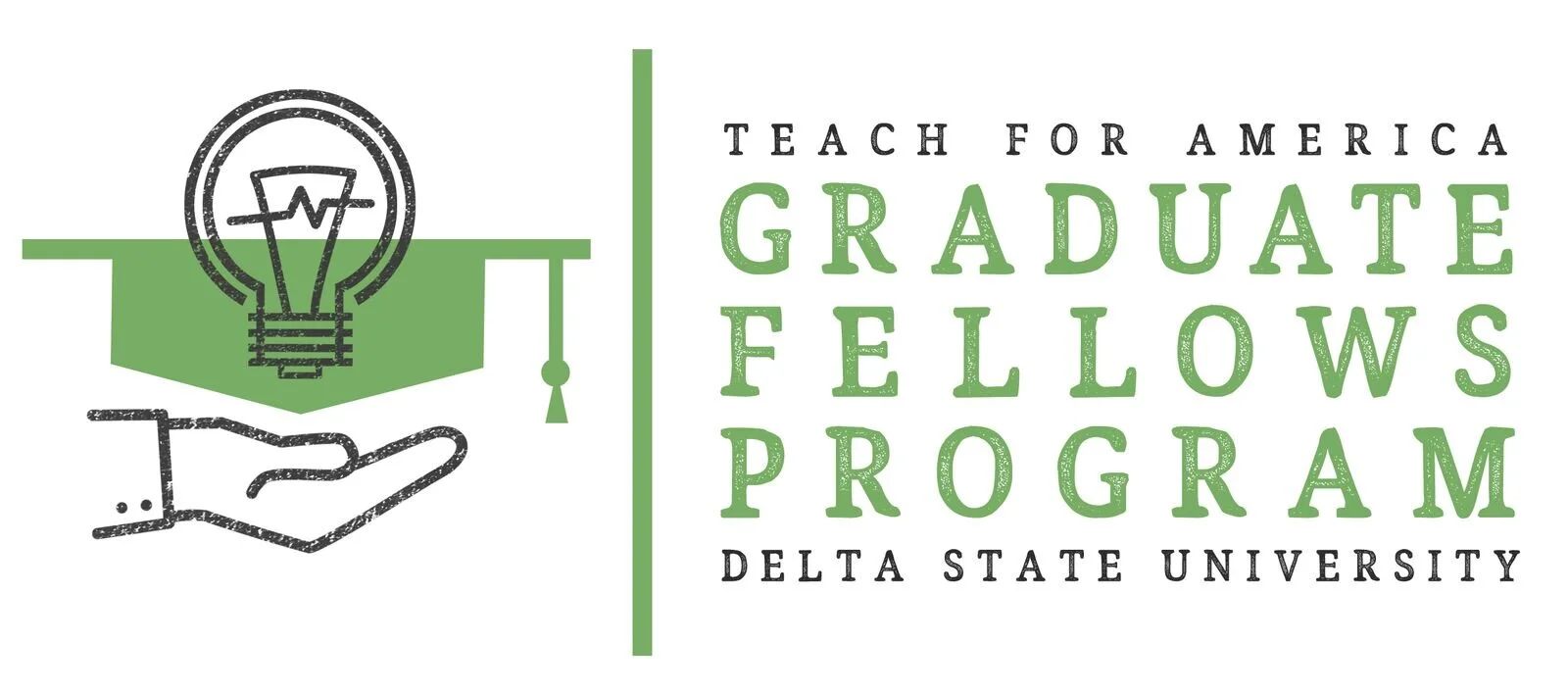Frequently Asked Questions
When does the Fellowship start and end?
Cohort 8 Fellows begins in August 2023 and runs through the end of May 2025. The Fellowship could conclude earlier for individual Fellows depending on your Graduate Degree completion date.
Can I have a full-time job and participant in this opportunity?
Yes, applicants who choose to continue full-time employment (40 hours per week) are eligible for the graduate tuition scholarship in exchange for the Social Entrepreneurship project, but do not qualify for the Support Stipend.
What does the Social Entrepreneurship Project look like?
Examples include: Develop plans for a new nonprofit, for-profit business, or charter school; you could actively work at or run an existing concern or launch a new event; you could develop an app, a product, a program, or a PR & Marketing campaign; or start and secure needed funding or attract investors for something that sustains or improves the quality of life for the people of the Delta or Mississippi. The idea of this Fellowship is to address the obstacles that are holding Mississippi back from progressing forward. Therefore, discover what you are most passionate about and address that issue in a ground-breaking approach. Your project does not have to be in the realm of Education.
I’ve completed a Master’s Degree, can I pursue the Specialist or Doctorate program?
Yes, TFA Graduate Fellows are welcome to pursue a Specialist or Doctorate degree during this program, with the understanding that you would likely need to cover the difference in tuition cost of a Doctorate degree due to the longer program.
Do I have to live in Mississippi? Do I need to live in Cleveland, MS?
You are required to live in Mississippi; however, you are not required to live in Cleveland, MS during your time as a Graduate Fellow. At Delta State, we offer many online Graduate Degrees that would allow you to live outside of the immediate area. Keep in mind, though, that this Fellowship will require you to be on Delta State’s campus regularly (2x per semester) for collaborative meetings and events with the entire cohort.
What Graduate Degrees does Delta State University offer?
You can read more about our Graduate Programs at http://www.deltastate.edu/graduate-and-continuing-studies/graduate-programs/.
Do I have to attend every day of the Immersion Retreat?
Yes. We also require that you not work during the Immersion Retreat, as our sessions and experiences will start early in the morning and last through the evening each day. The 2024 Immersion Retreat is set to take place Friday, January 12 - Sunday, January 14, 2024.
Can I receive CEU’s for the Immersion Retreat?
Yes. You will be provided the opportunity to receive CEU hours, but you will be responsible for the payment of the CEU credit. The number of CEU hours will be determined and announced in December 2023.
How many participants will be admitted?
The 8th cohort (2023-2025) will consist of 8-12 Teach For America Alumni Fellows.
Will the nine Graduate hours I earned at TFA Summer Institute count towards my degree? (CUR 592, 3 courses)
All or part of these 9 hours could apply towards your Graduate degree, depending on the specific degree of choice. For questions regarding your previously earned hours, contact the TFA Graduate Fellows Coordinator, Harrison Wood at hwood@deltastate.edu.
I don’t work in a school right now. Can I still participate in the TFA Graduate Fellows Program?
You do not have to currently be teaching to be a TFA Graduate Fellow, but you must’ve completed your two-year Teach For America commitment.
Do I have to pay for any part of school?
The Robert M. Hearin Foundation in Jackson, MS is funding the cost of tuition and fees. Please be aware that you will be required to purchase required textbooks.
If you choose to take 3 hours of on-campus classes, you will be required to personally pay for a meal plan of $200 each semester that can be used in the Union, Cafeteria, and concessions.
**Note: If you don’t use the meal plan fund, you will be refunded upon graduation.
Is the Support Stipend Taxable?
(part-time employed Fellow who receive $10,000 per year)
Yes. According to financial aid regulation, these payments are not considered financial aid and do not count towards a student’s cost of attendance. As such, these payments are considered taxable income and the student is responsible for reporting it accordingly.
Where should I go with questions?
For general inquiries about the Teach For America Graduate Fellows Program, please email Harrison Wood hwood@deltastate.edu, or call 256-683-0791.

